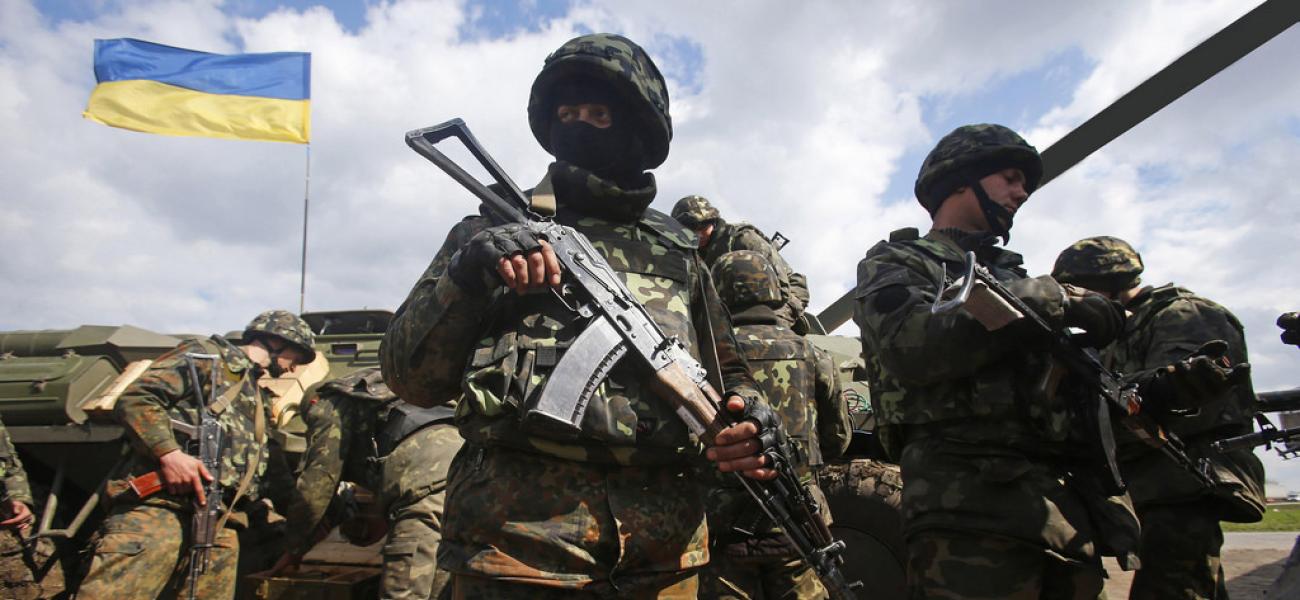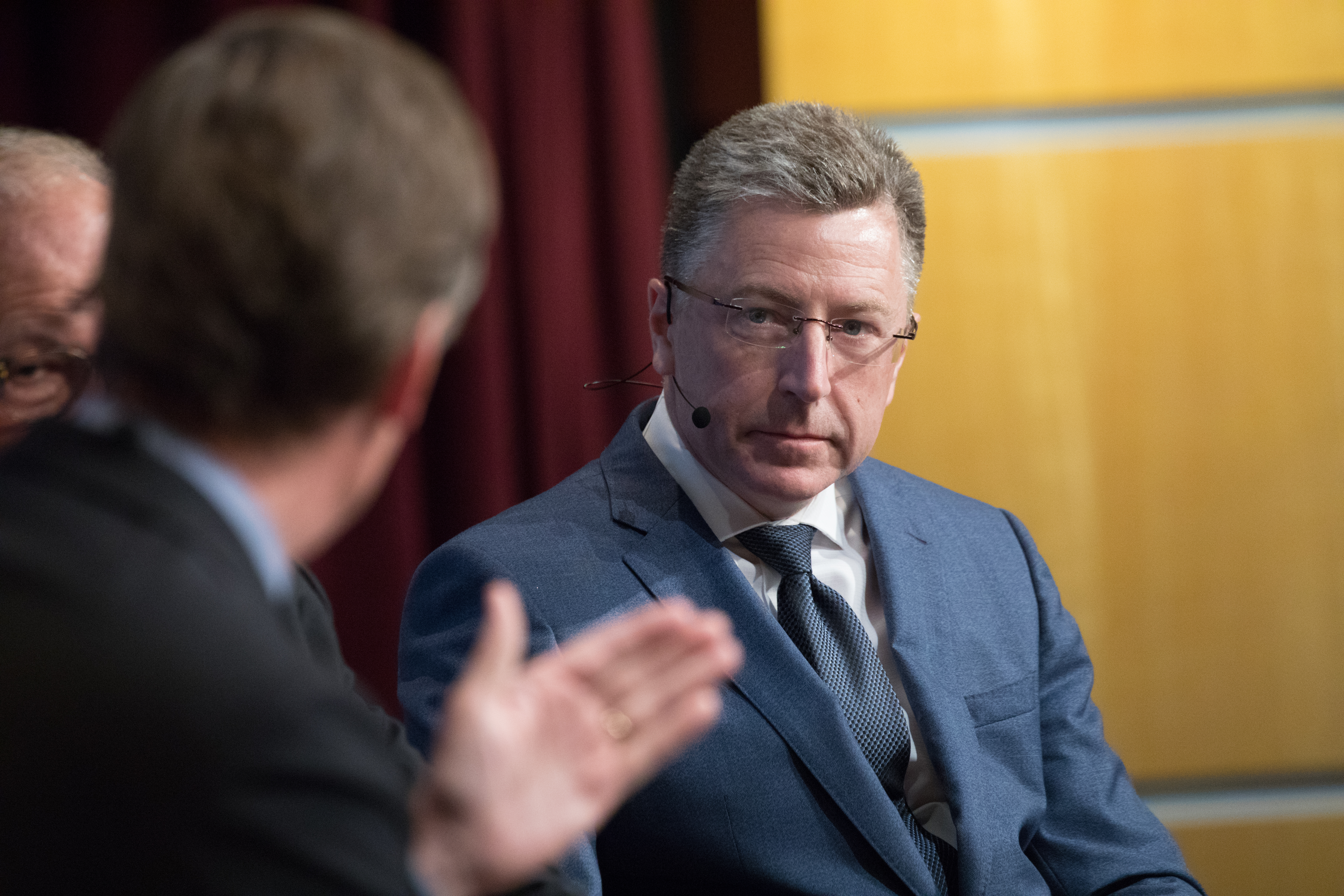In the Thick of It
A blog on the U.S.-Russia relationship
Kurt Volker Weighs In on Minimal Requirements for Resolving Conflict in Ukraine
The festering conflict in eastern Ukraine has been a central cause of tensions between Russia and the West for over four years. In July 2017 diplomat Kurt Volker was appointed as the U.S. special representative for Ukraine negotiations. This month, Volker—a former U.S. ambassador to NATO, who now wears different hats in academe and the private sector in addition to his government service—spoke at Harvard’s Belfer Center for Science and International Affairs about the crisis in the transatlantic relationship.

While Russia and Ukraine were not the event’s main focus, Volker made the following points about the standoff between the two and its ripple effect in the West:
- As minimal requirements for resolving the conflict, the Kremlin wants a Russia-friendly Ukrainian government, while Ukraine and the West want Donbas under Ukrainian control. Volker called Russia a direct party to the Ukraine conflict, not an external player, saying that the separatist forces in eastern Ukraine are under Russian control. While Russia claims that it accepts the stipulations of the Minsk agreements, Volker said, in reality, “what Russia wants is a Ukraine that is a part of Russia’s orbit, and where you have a friendly government in Ukraine toward Russia again.” However, according to Volker, the opposite has in fact emerged: Ukraine has become more anti-Russian and pro-Western than before. “What is minimally acceptable for Ukraine, for Europe, for the United States, is that the territory of the Donbas is restored to Ukrainian control.” Additionally, Volker said, the United States should not support or recognize the annexation of Crimea.
- The Minsk agreements are still important. Volker said that this is mainly because they remain the framework under which Russia affirms that the contested Donbas territory should be brought back under Ukrainian control and sovereignty. He added that the failure to implement the Minsk agreements is the basis for some of the U.S. and EU sanctions on Russia. Everything necessary for resolution of the conflict is there within the agreements, Volker believes; there is nothing concrete missing. What is lacking, he said, is the political will to implement them.
- The Trump administration’s policies on Russia have been tougher than the president’s rhetoric might suggest. Volker believes that, despite President Donald Trump’s rhetoric, if one focuses on policies instead, there is a lot of convergence between American and European views. Volker pointed out that the current administration has adopted a much tougher policy on Russia than the Obama administration, stepping up sanctions against Russia, sending lethal weaponry to Ukraine and generally taking a relatively hard line against Russia. None of this, he argued, could be possible without Trump’s participation and support.
- Other speakers pushed back on this point to some degree, arguing that Trump’s rhetoric was important and often undermined American-European cooperation. Additionally, Ambassador Nicholas Burns noted that Trump has not fully supported the tightening of the sanctions regime.
- Current tensions between the United States and Europe will pass. The main factors stoking the crisis in transatlantic relations are found in each country’s domestic politics, Volker suggested. Debates about populism, nationalism, identity, immigration, culture, religion and so forth "have manifested themselves as very hotly fought contests inside societies" in the United States, Germany, France and Sweden, among others. These factors are not permanent, Volker believes, saying that “the fabric of our relationships, between the U.S. and the European countries, is much, much deeper and more resilient than just governments. Our people, our businesses, our cultures, our ideas, our values—they are completely in agreement. And I don’t see any way that that changes.”
Author: Daniel Shapiro is a graduate student associate at the Russia Matters project and Harvard's Davis Center for Russian and Eurasian Studies.
Main photo: Ukrainian troops in eastern Ukraine, courtesy of the Ukrainian Defense Ministry, shared under a CC BY-SA 2.0 license.
The opinions expressed in this commentary are solely those of the author.

